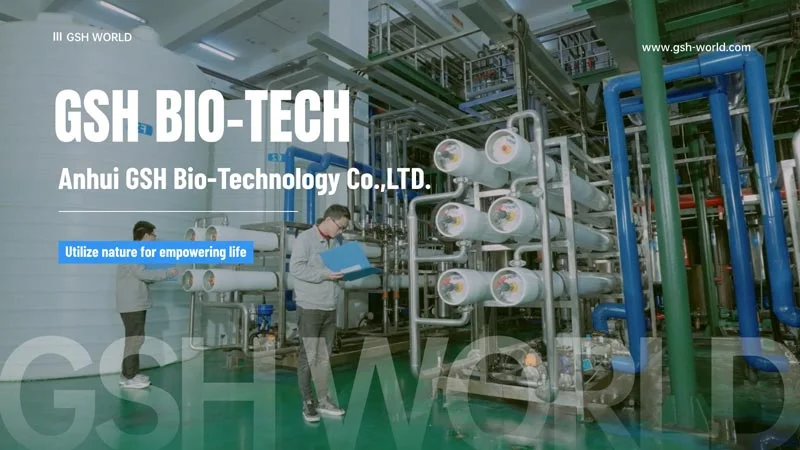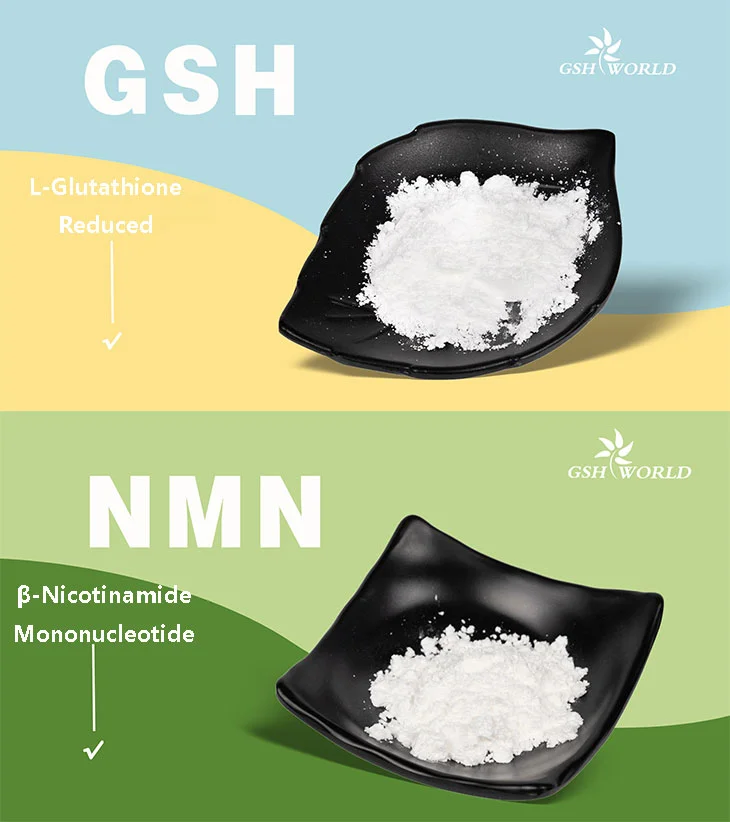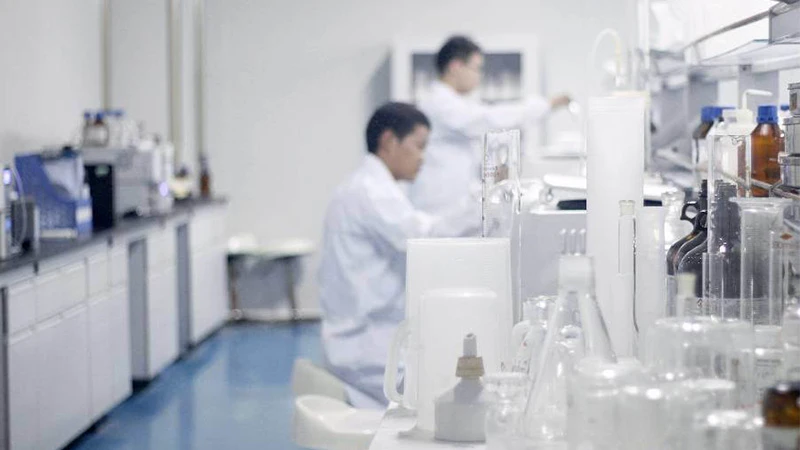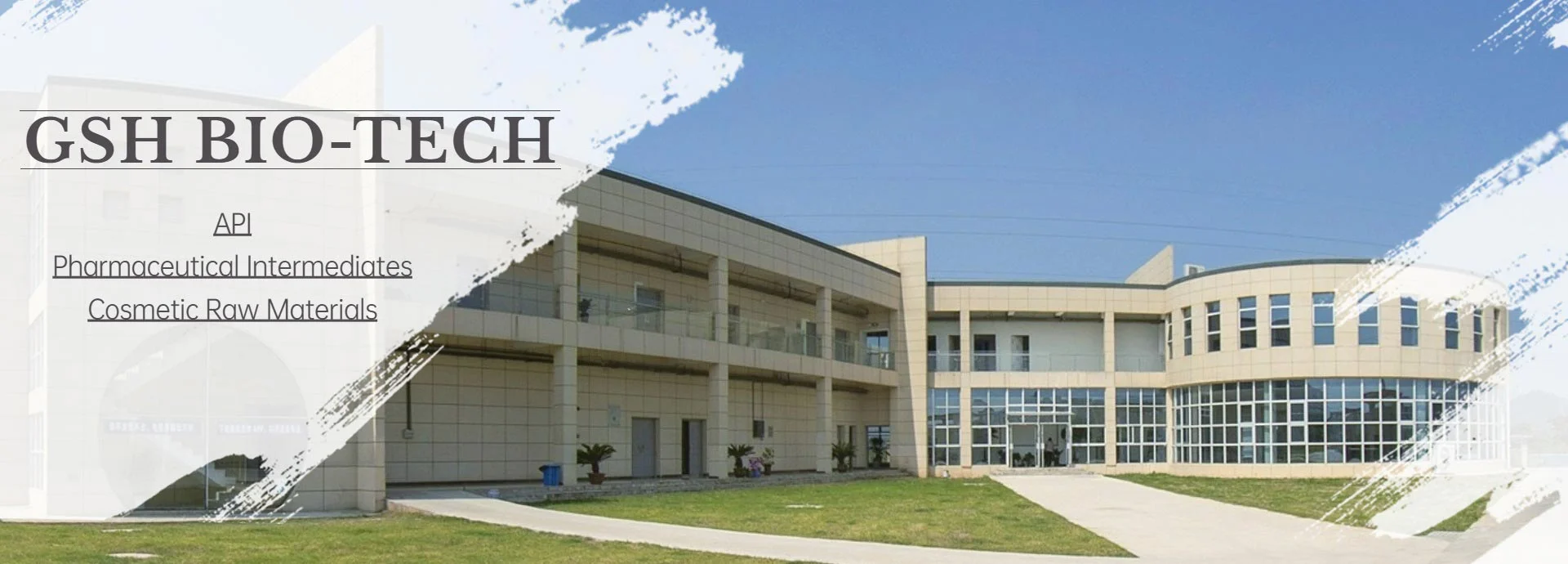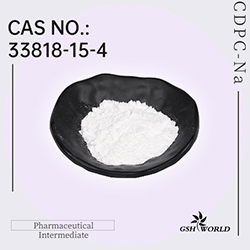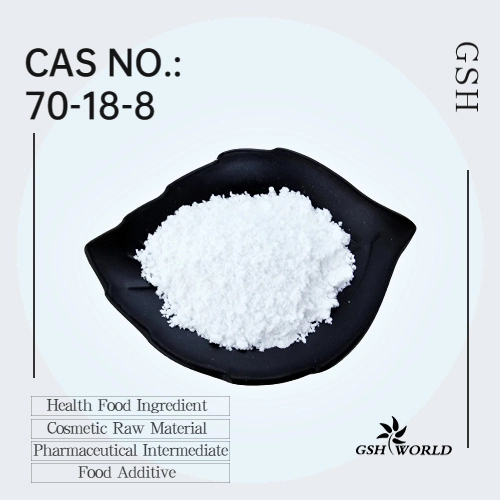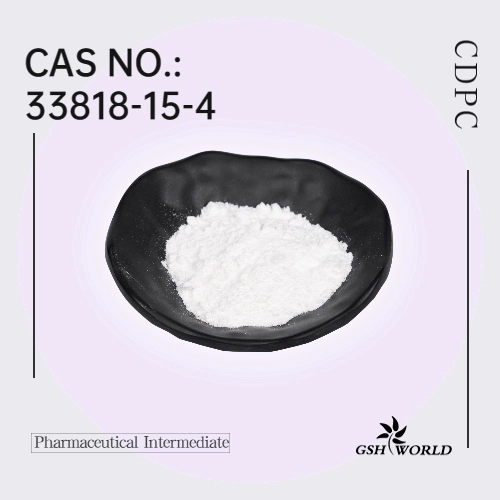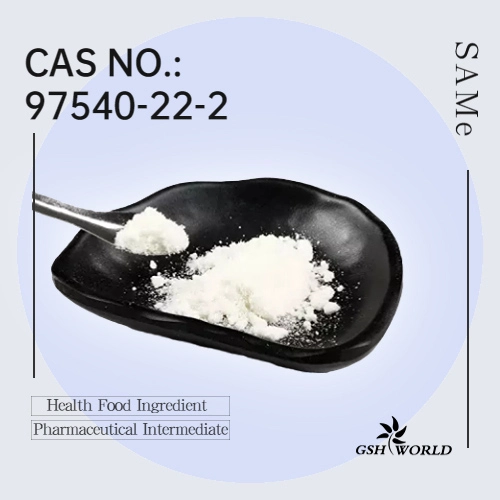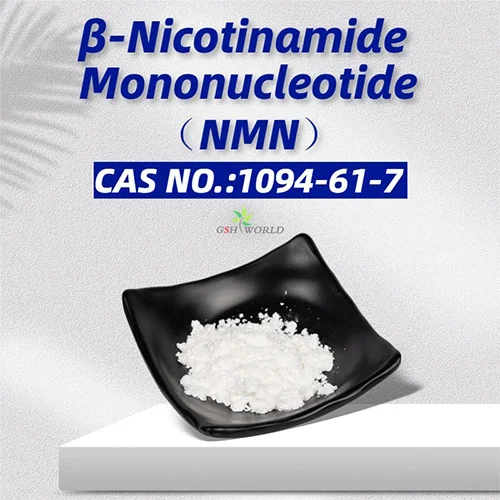Citicoline and Citicoline Sodium
In the 1950s, Kennedy et al. discovered citicoline, then chemically synthesized it and determined its molecular structure. Rossiter further discovered in 1957 that citicoline is closely related to phospholipid metabolism and is an important coenzyme for the biosynthesis of phosphatidylcholine (lecithin).
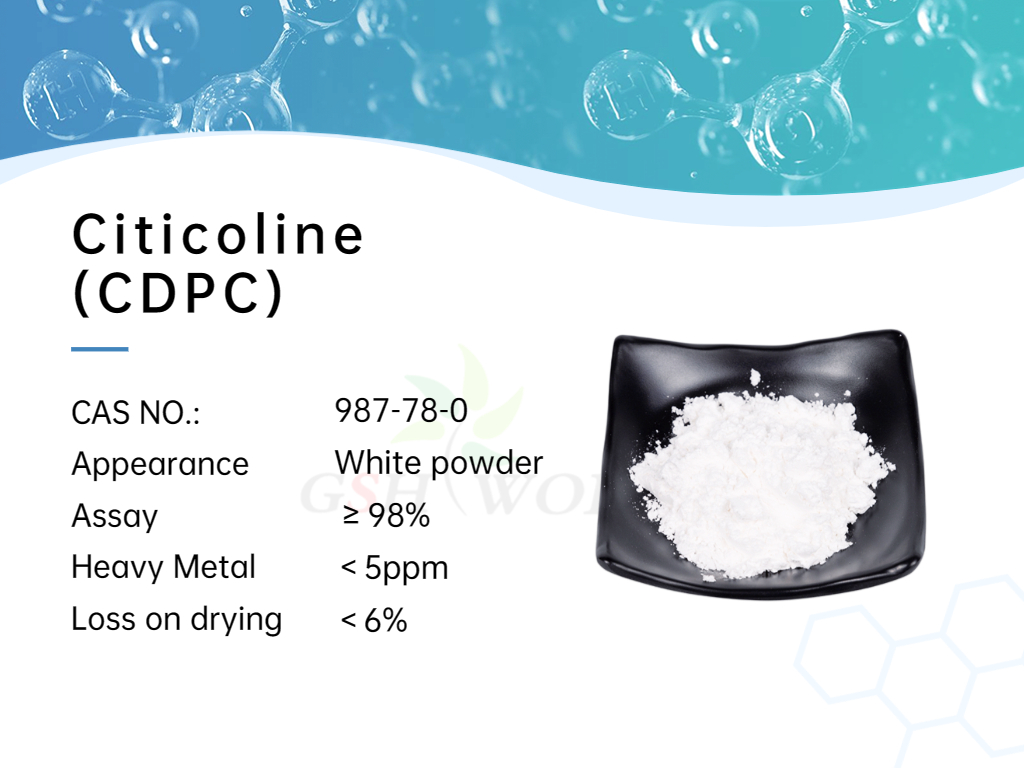
Phospholipids in the human body mainly include phosphatidylcholine, phosphatidylethanolamine, phosphatidylinositol and sphingomyelin. As components of the cell membrane structure, they are essential for the function of the cell membrane, maintaining the homeostasis of the internal environment, maintaining the activity of membrane-associated enzymes, coupling receptors and intracellular signals, and nerve impulse transmission.
In the central nervous system, 80% of phospholipid synthesis is regulated by changes in citicoline concentration, and citicoline formation is the rate-limiting step in the synthesis of phosphatidylcholine through the Kennedy cycle.
Exogenous administration of citicoline can accelerate phospholipid synthesis, promote the rapid repair of damaged cell surface and mitochondrial membrane, maintain the integrity of cell membrane and cell energy metabolism.
Citicoline is used to treat neurological sequelae caused by craniocerebral injury or cerebrovascular accident. The medicine is Citicoline Sodium.
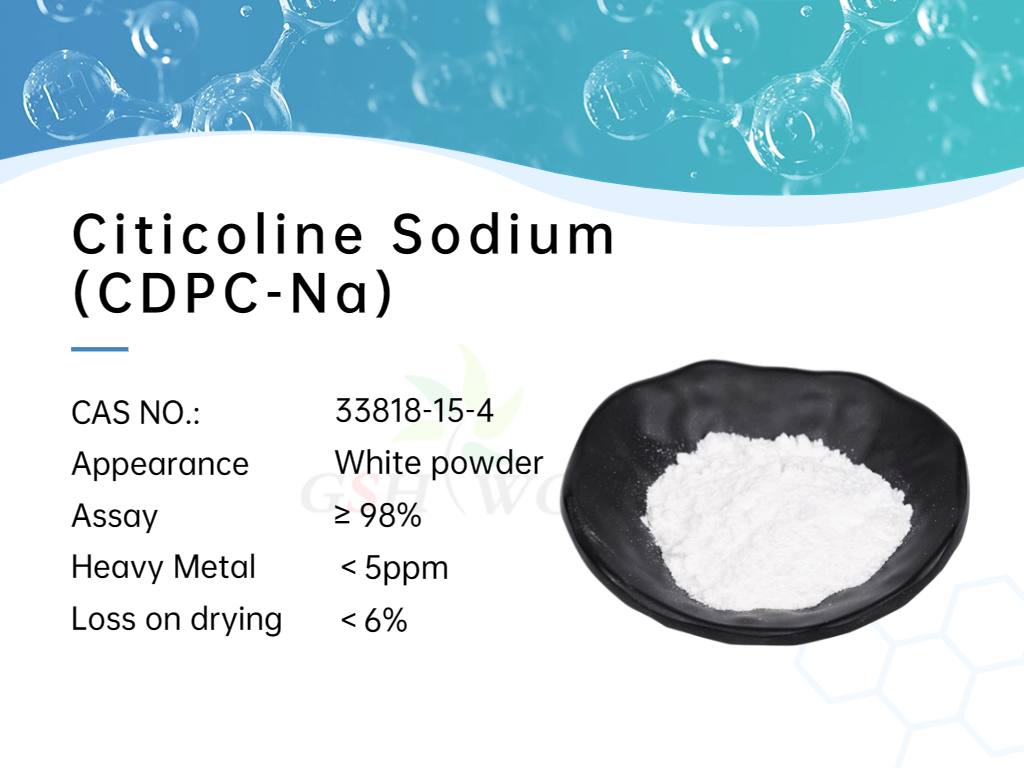
Citicoline comes in several dosage forms, including
1. Citicoline Sodium Tablets;
2. Citicoline sodium injection;
3. Citicoline Sodium Glucose Injection;
4. Citicoline Sodium Chloride Injection;
5. Citicoline sodium for injection;
6. Cytophosphocholine Sodium Inosine for Injection;
The commonly used dosage form is citicoline sodium tablets.
In the European Union, citicoline is approved as a novel food ingredient for use in food supplements and dietary foods for special medical purposes (decision 2014/423/EU).
Citicoline can be used as a food supplement for middle-aged and elderly people, with a maximum dosage of 500mg/day; for foods with special nutritional purposes, the maximum dosage is 250mg/serving; but it is not suitable for children.
And it gives the conclusion that it is safe to eat according to the proposed usage and dosage, that is, citicoline is safe as a new food ingredient. In China and Japan, citicoline is not allowed for use in food and beverages.
*Special note - This article is for informational purposes only and cannot replace a doctor's treatment diagnosis and advice. It should not be regarded as a recommendation or proof of efficacy of the medical products involved. If it involves disease diagnosis, treatment, and rehabilitation, please be sure to go to a professional medical institution to seek professional advice.
by GSHWORLD
GSH Bio Tech is China Biological API Manufacturer. China Citicoline Sodium Supplements powder suppliers & best Citicoline Sodium benefits raw material Factory.

